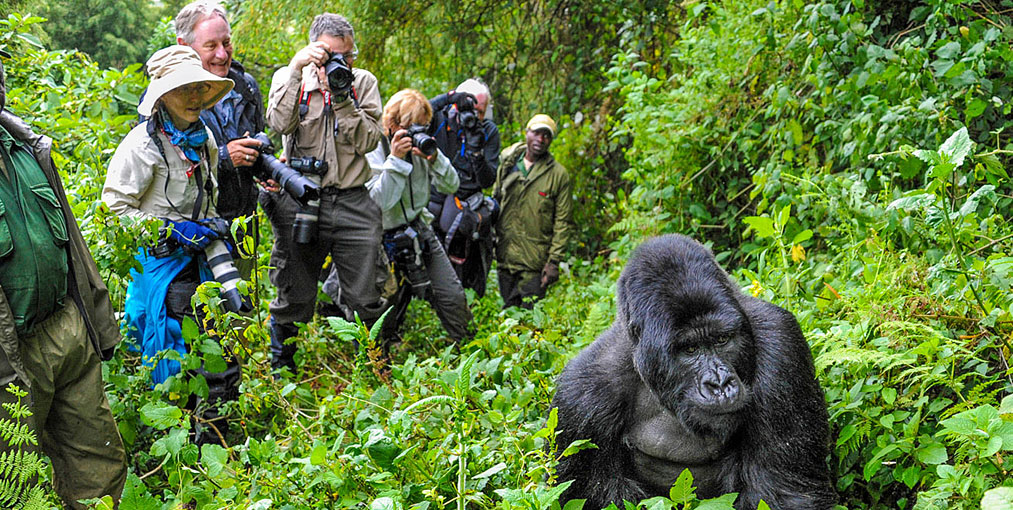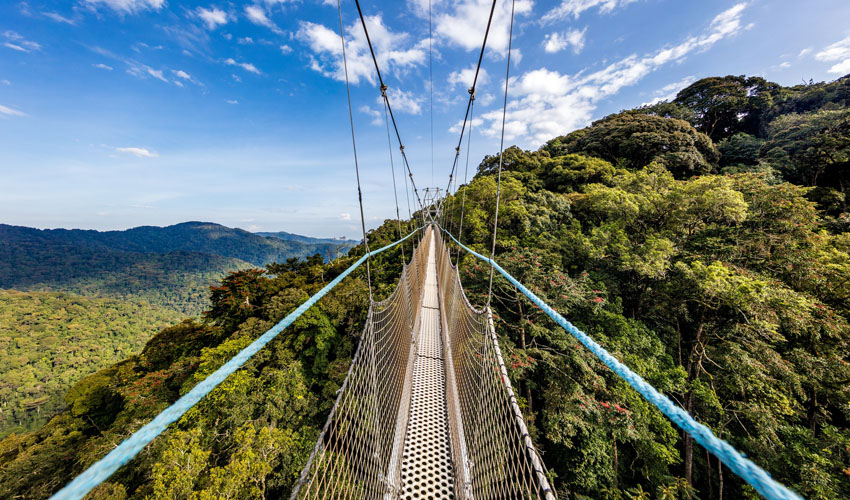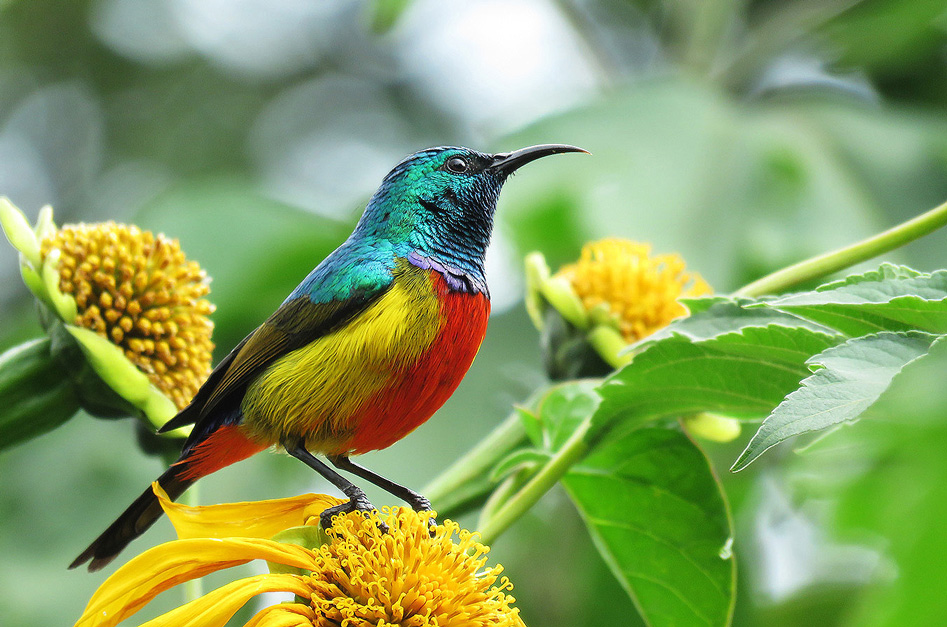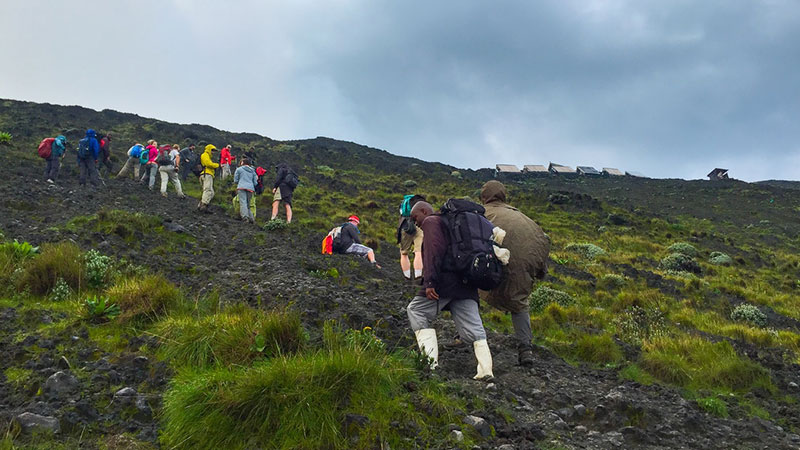Rwanda, often known as the “Land of a Thousand Hills,” is a popular destination for eco-tourists looking to immerse themselves in nature’s beauty. From mist-covered volcanoes to lush rainforests this East African treasure has extraordinary biodiversity and a dedication to sustainable tourism. Before departing on your eco-adventure be sure you understand the visa requirements. The Rwanda eVisa simplifies the process by allowing passengers to apply online rather than visiting an embassy. This computerized approach simplifies admission making it easier for overseas tourists.
Understanding the Rwanda eVisa
For many overseas tourists obtaining a Rwanda eVisa is a simple and effective way to enter the country. The eVisa system which was established in 2018 allows travelers to apply for a visa online rather than visiting an embassy or consulate. Here’s a quick overview:
- Validity: eVisas are normally valid for 30 to 90 days depending on the traveler’s nationality and purpose of visit.
- Application Process: The official platform allows travelers to complete the Rwanda eVisa application. The process is straightforward, requiring only basic personal information, travel details and payment.

- Process Time: Applications are typically handled within 7 days with accepted eVisas given by email.
- Upon arrival: Travelers must submit their eVisa approval and a valid passport at the point of entry.
To guarantee a smooth entrance process apply for the Rwanda eVisa well ahead of your scheduled travel dates.
Rwanda’s National Parks: A Sanctuary for Nature Lovers
Here’s a detailed look at Rwanda’s must-see parks and the activities they provide:
Volcanoes National Park: Trekking with Mountain Gorillas

Volcanoes National Park in northwest Rwanda is well-known for its mountain gorillas. Trekking here is more than simply a hike; it’s an unforgettable experience with one of the world’s most endangered species. Visitors are guided by trained rangers through bamboo forests and volcanic slopes as they learn about gorilla behavior, conservation activities and local ecosystems. This park is a wildlife enthusiast’s dream including golden monkeys, forest elephants and a rich bird population.
Nyungwe National Park: Rainforest Adventure and Canopy Walks

Nyungwe National Park is a sanctuary for both primate lovers and birdwatchers. This ancient rainforest which is home to chimps, L’Hoest’s monkeys and over 300 bird species provides excursions ranging from easy walks to strenuous hikes. The unique canopy walk offers a breathtaking perspective of the forest from above ideal for photography and nature observation. Eco-lodges here blend comfort and sustainability allowing guests to fully immerse themselves in the jungle experience.
Akagera National Park: The Big Five in Savanna Landscapes

Akagera National Park in eastern Rwanda is a savanna paradise. Lions, elephants, rhinos, leopards, buffaloes, giraffes and zebras roam the vast open grasslands and lakes. Morning and sunset safari drives are great for seeing animals and learning about the park’s successful reintroduction and conservation efforts. Akagera’s stunning scenery and plenty of wildlife make it ideal for both first-time safari-goers and experienced photographers.
Gishwati Mukura National Park: Rwanda’s Hidden Forest Gem

Gishwati Mukura is a serene park that combines two forest reserves providing eco-tourists with a peaceful escape away from the masses. Chimpanzees, golden monkeys and several bird species thrive here. This park is great for people looking for a tranquil and immersive nature experience since it offers guided walks, birdwatching and educational eco-tours.
Birdwatching in Rwanda: A Paradise for Avian Lovers

Rwanda is home to over 700 bird species making it an ideal location for birdwatchers. From Albertine Rift endemics to migratory species each national park provides distinct birding opportunities. Nyungwe’s forest canopies, Akagera’s marshes and Volcanoes’ highlands all offer magnificent birdwatching opportunities making it simple for visitors to view uncommon and vivid species throughout the year.
Hiking and Nature Trails: Explore Rwanda on Foot

Hiking aficionados may find Rwanda an ideal vacation. Trails range from strenuous volcanic ascents to peaceful forest treks. Volcanoes National Park’s gorilla treks, Nyungwe’s woodland paths and the picturesque pathways surrounding Akagera’s lakes provide opportunities to experience Rwanda’s diverse topography while observing wildlife, waterfalls and indigenous vegetation up close.
Eco-Friendly Lodges: Stay Close to Nature

Rwanda’s national parks have accommodations built for environmentally aware guests. Lodges such as Sabyinyo Silverback Lodge, One & Only Nyungwe House and Singita Volcanoes combine sustainability and elegance offering eco-friendly accommodations without sacrificing comfort. Staying at these lodges allows guests to contribute to local communities, participate in conservation efforts and enjoy nature ethically.
Conservation and Community Engagement: Travel Responsibly

Visiting Rwanda’s parks is more than just sightseeing; it is also about conservation. Park visits generate revenue for anti-poaching patrols, animal monitoring and local development programs. Travelers can engage in community-based tourism programs, visit local craft markets and learn about Rwanda’s eco-tourism initiatives ensuring that their journey benefits both nature and people.
Eco-Friendly Accommodations in Rwanda
Rwanda provides a variety of eco-lodges and hotels that prioritize sustainability.

- Sabyinyo Silverback Lodge: This lodge located near Volcanoes National Park promotes gorilla conservation through its operations.
- The One & Only Nyungwe House: Combines luxury with eco-consciousness providing unique jungle experiences.
- Singita Volcanoes National Park is a model of sustainable tourism emphasizing conservation and community collaborations.
Best Time to Visit Rwanda for Wildlife

Rwanda has wet and dry seasons which influence wildlife watching. The dry season (June-September and December-February) is good for gorilla trekking, safaris and bird viewing because paths are open and wildlife congregates near water sources. The wet season provides lush foliage and fewer tourists which is ideal for photographers and nature enthusiasts seeking quiet.
Engaging with Local Communities

Rwanda’s ecotourism concept prioritizes community involvement. Visitors can take part in village excursions, local cooking classes and craft workshops all of which contribute directly to sustainable development. Interactions with local artists and farmers give cultural enrichment while also encouraging ethical tourism.
Responsible Wildlife Photography

Ethical procedures are required when photographing Rwanda’s animals. Always keep your distance, avoid loud noises and never feed animals. Photography excursions in Volcanoes, Nyungwe and Akagera National Parks frequently include tips for reducing disruption while capturing high-quality images.
Conclusion
Rwanda is a shining example of sustainable tourism providing eco-conscious tourists with unforgettable experiences in its pristine national parks. By obtaining a Rwanda eVisa and practicing responsible travel you can help preserve this amazing country’s natural and cultural heritage.
Frequently Asked Questions
Q1: How long does it take to process a Rwandan eVisa?
Processing normally takes two to three business days.
Q2: Can I extend my Rwandan eVisa?
Extensions are available under specific conditions. For more information please contact the Directorate General of Immigration and Emigration.
Q3: Is Rwanda safe for solitary travellers?
Yes, Rwanda is known for its safety and hospitality making it a perfect destination for solitary travelers.